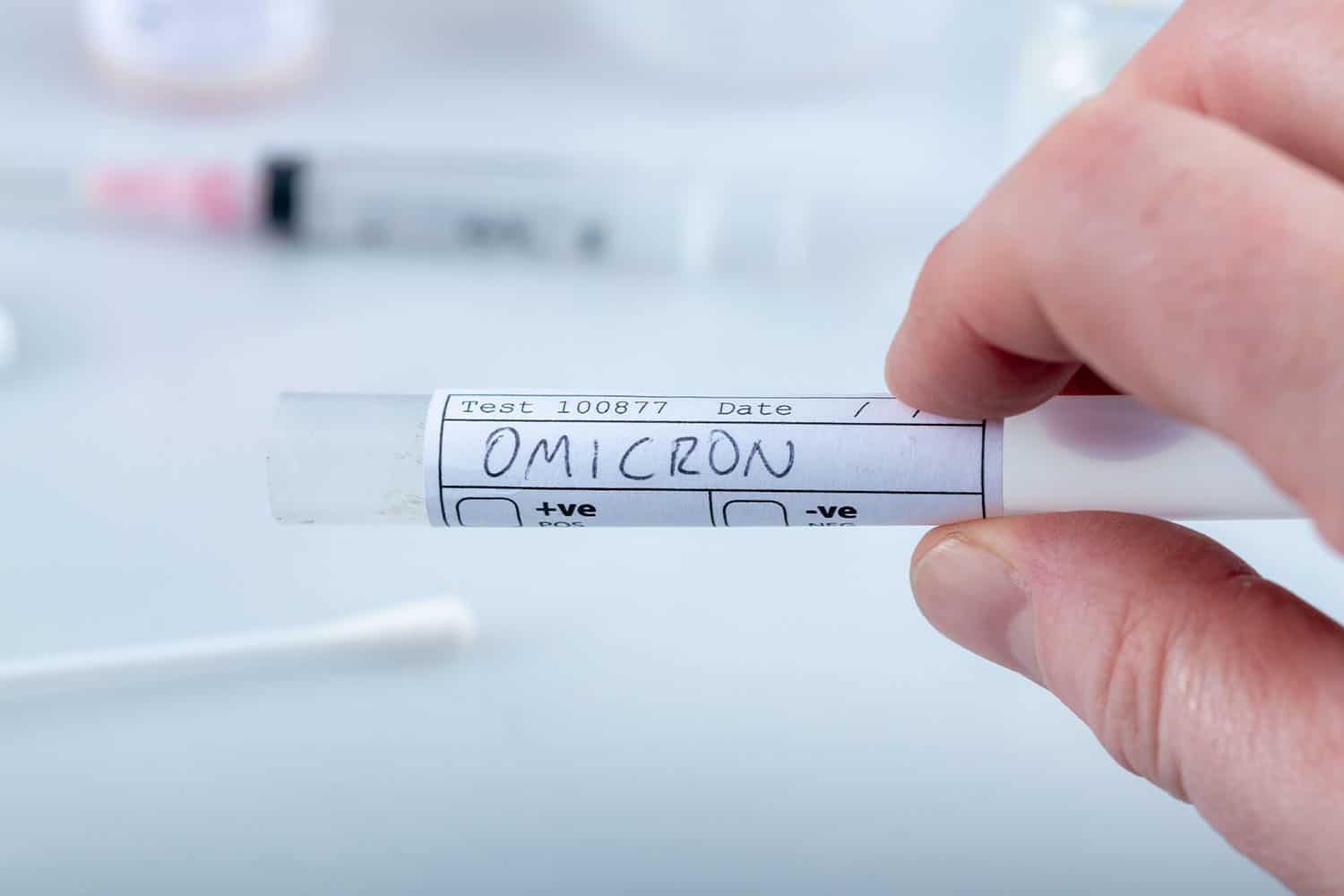US: First Omicron case found in California
2 December, 2021 | Vaishali Sharma

The first verified case of Omicron, a novel strain of Covid, has been reported in the United States, in a traveller who recently returned from South Africa. This is the first known instance of the ...
The first verified case of Omicron, a novel strain of Covid, has been reported in the United States, in a traveller who recently returned from South Africa. This is the first known instance of the novel variety in the United States, which was discovered by South African investigators.
“Today, the CDC has confirmed the first case of the Omicron variant detected in the United States,” White House COVID-19 Response Coordinator Jeff Zients said on Wednesday.










